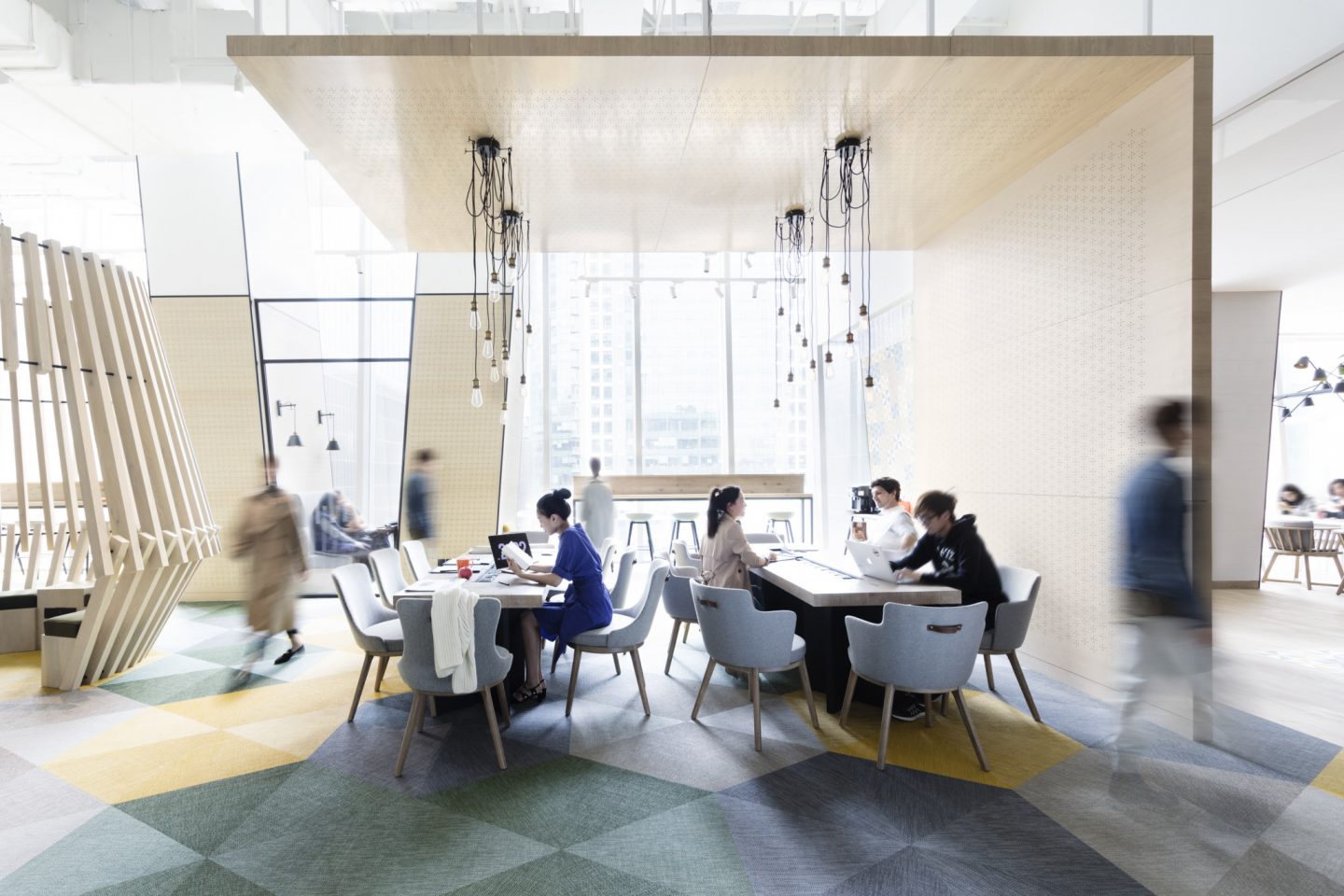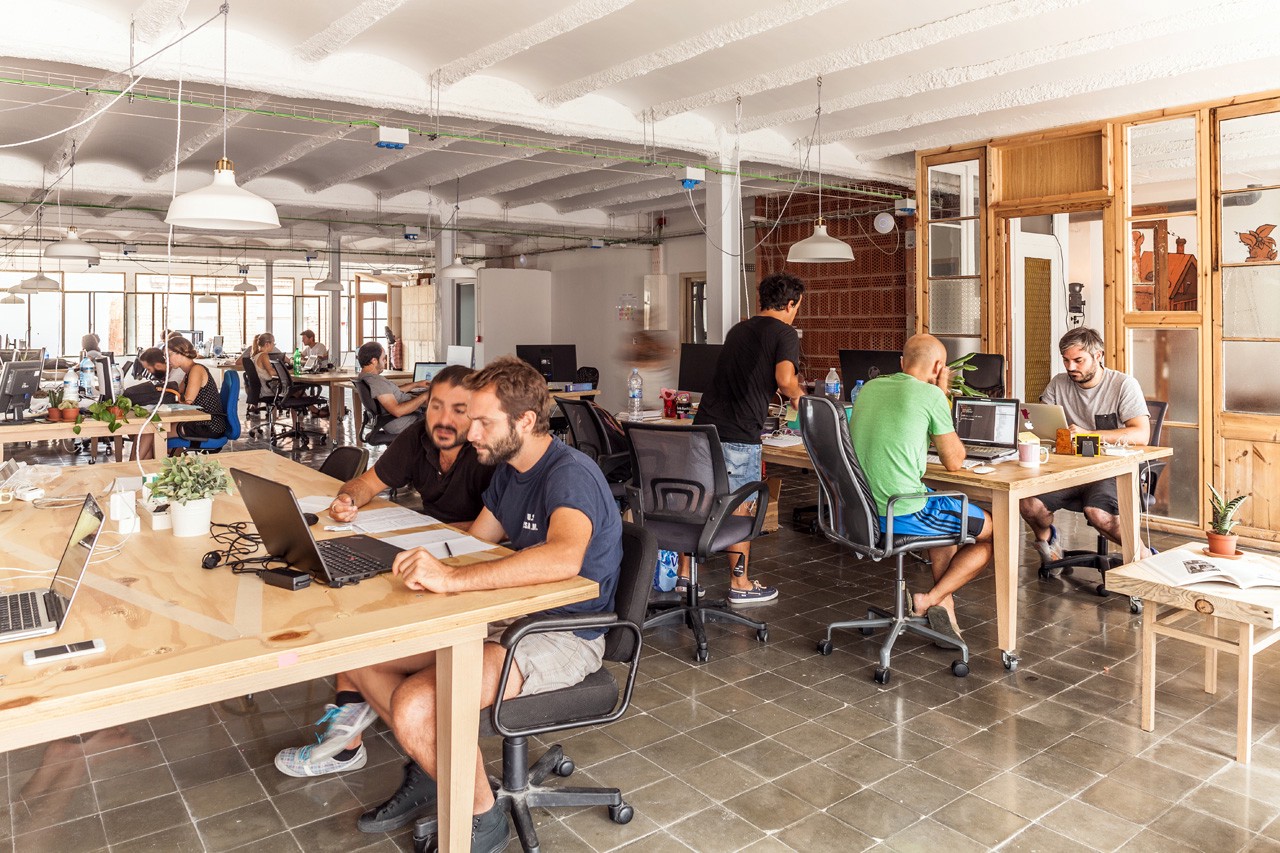Before industrialization and technology, it was common for humans to move across ranges and territories, covering swaths of land and sea that were hundreds to thousands of miles apart. Human beings were a nomadic species. They roamed freely from one region to the next, tracking the stars and following the seasons to hunt, gather and protect their tribes and families.
Now, people are choosing to be nomadic because the amount of opportunities available has skyrocketed. Companies are adapting to the rapidly evolving world of tech and business ventures that hold a global view.
Digital nomads are borderless, mostly self-employed remote workers who interact with cities in a way that’s entirely different from a tourist, but still doesn’t quite reach the status of the resident.
Popular professions for enthusiasts of the lifestyle are most things IT-related, like graphic design, writing, marketing, programming and whatever else you can do on a computer connected to the internet.
What makes this lifestyle livable is getting rid of expenses and things that tie you down to a specific place, like full-time jobs and mortgages. Travel isn’t necessarily required for you to do your job, but neither is staying in one place. It is all at your disposal to choose wherever you would like to be.
As a digital nomad you basically only need three things to get started: your laptop or whatever you work on, a decent Wi-Fi connection and a place to charge your devices. This opens many options around the world for you to work from: coffee shops, libraries, various co-working spaces all around, co-living spots, hotels, Airbnb pads and pretty much anything you can find online.
Cities in South-East Asia, Latin America and Eastern Europe became popular destinations because of their usually fast and reliable internet connection, beautiful scenery and cheap living costs.
Plenty of digital tools allow the number of people who live this lifestyle to grow quickly. Services such as We Work Remotely propel the movement of people working and traveling in different places and provides options on how to do so.
The decision to not maintain a permanent address or live a minimalist lifestyle while you travel is what allows most nomads to afford a lifestyle of constant travel.
And because nomads often have to stay where the strongest internet connection is, they tend to spend more time in developing cities compared to the average tourist, who will often engage in more touristy destinations soon after landing at the airport.
From an outside perspective, it might seem that living a nomadic lifestyle is all just fun and exotic foods. Why wouldn’t it be?

Work and hobbies have integrated seamlessly into life and the feeling of working on your own terms seems like a dream come true, but compared to a regular office job or staying at home, becoming a “citizen of the world” means there are certain drawbacks and challenges you’ll face.
For one, finding that balance of work and play when you’re surrounded by an exciting new city requires discipline. Unlike a tourist, being a digital nomad means arriving in a foreign city with plenty of responsibilities. Your boss or client is relying on you, you still have deadlines and a mouth or two that needs to be fed.
Procrastination is the biggest enemy. For many of us, it’s easy to watch YouTube videos or endlessly scroll through our Twitter feeds and get off task. So, this line of work requires a heck of a lot of self-discipline; because at a regular job you’ll get paid no matter what, but as a remote worker you’ll need to turn stuff in to get paid.
Also, the fact that you’re in another time zone shouldn’t negatively affect your work from your client’s, colleague’s or boss’ point of view.
The working life for a digital nomad means that the concept of “office hours” is out the window.
Another conundrum you’ll face as a digital nomad is that you have to be willing to not have a home for a while. Not necessarily a house, but a place that you feel bonded with, a community you belong to or a feeling of having roots.
Even though you might travel often, home is somewhere to return to and it gives a certain sense of continuity to your life and story, like a thread to hold your memories together.
Despite coming to accept a lack of permanent lodging and being away from loved ones, being able to travel and get around makes it easy to stay inspired. Living as a digital nomad elevates what you’re able to offer to employers by giving you a broader perspective on what you’re building, writing or designing and expanding your worldview.
We spend a lot of our time, energy and financial resources paying for what we’ve already acquired. This rat race we find ourselves in has placed many in a state of survival of the fittest. As modern society has dawned, the impulse to satisfy our urges and to keep up with the Jones’ has amplified with each passing decade.
However, it’s that mentality that’s driven a large part of the population into a state of compliance and complacency, unable to extricate themselves from the shackles of debt and their 9-to-5 obligations.
As remote working becomes the norm, it’s safe to say that more companies will be open to hiring a freelancer working from another country. It will become generally understood that physical proximity is not a limiting factor to whether a freelancer can do a great job on a project or not.
More and more jobs are switching away from the office and encouraging remote work. An article from Levels io claims that there will be one billion digital nomads by 2035. While that seems like an incredible amount, there’s no denying that the trend towards remote working will continue.
The American dream became worldwide and transformed in ways unimaginable before the technological boom. Old values grew into new ones, where, by large, a focus on material goods was replaced by a desire for self-actualizing, life-enriching experiences.
Having no commitment to where you’ll be but being able to get work done either way can be a highlight of your own story that you haven’t dreamt before.

















